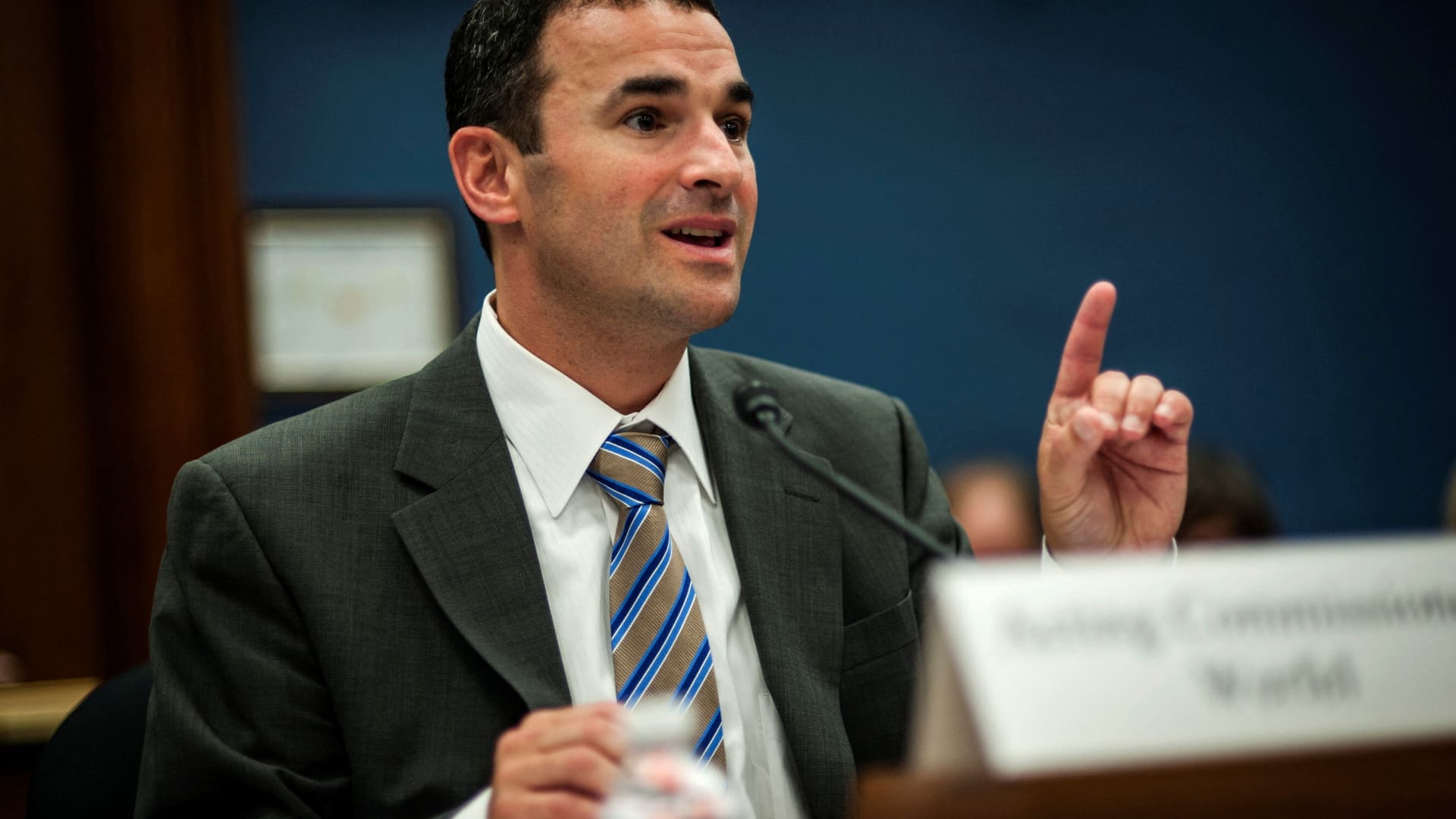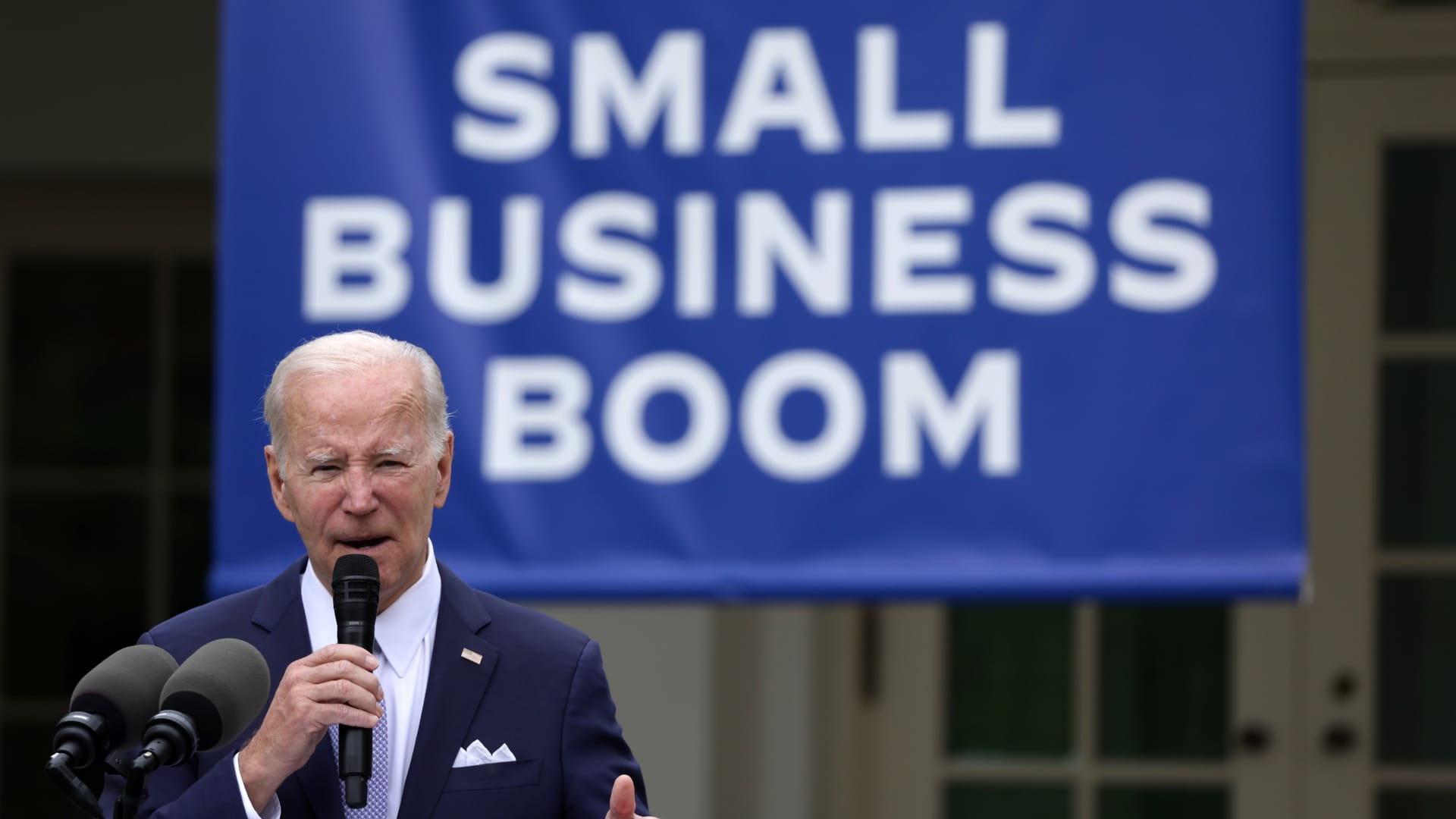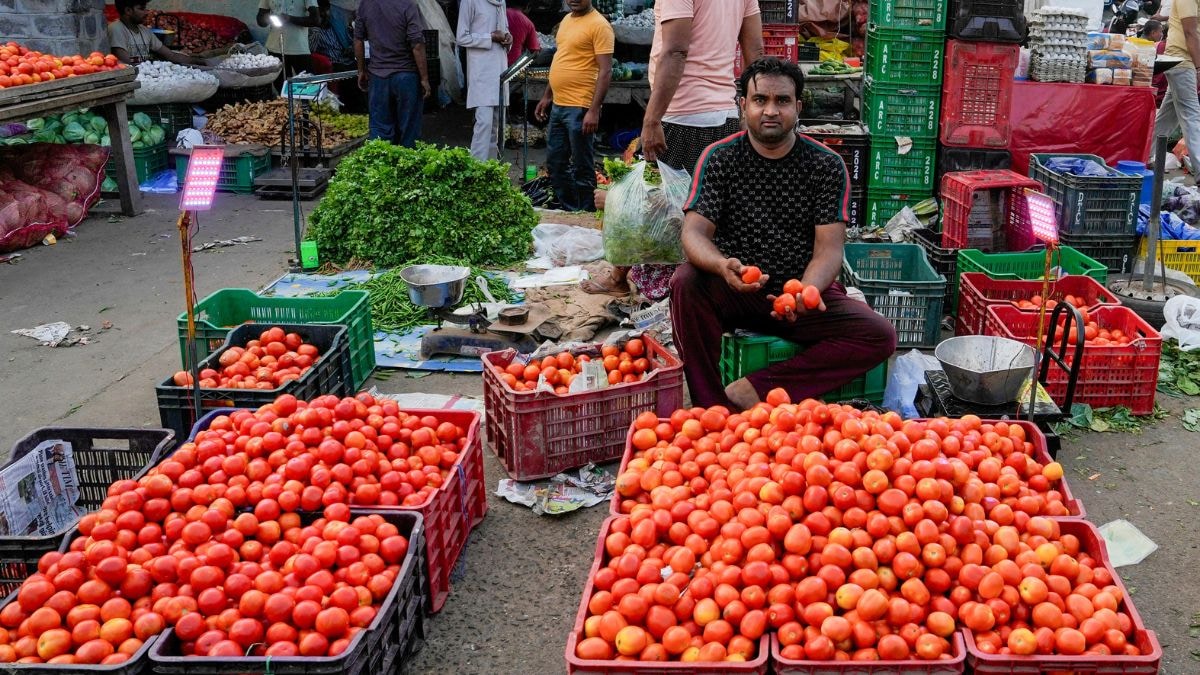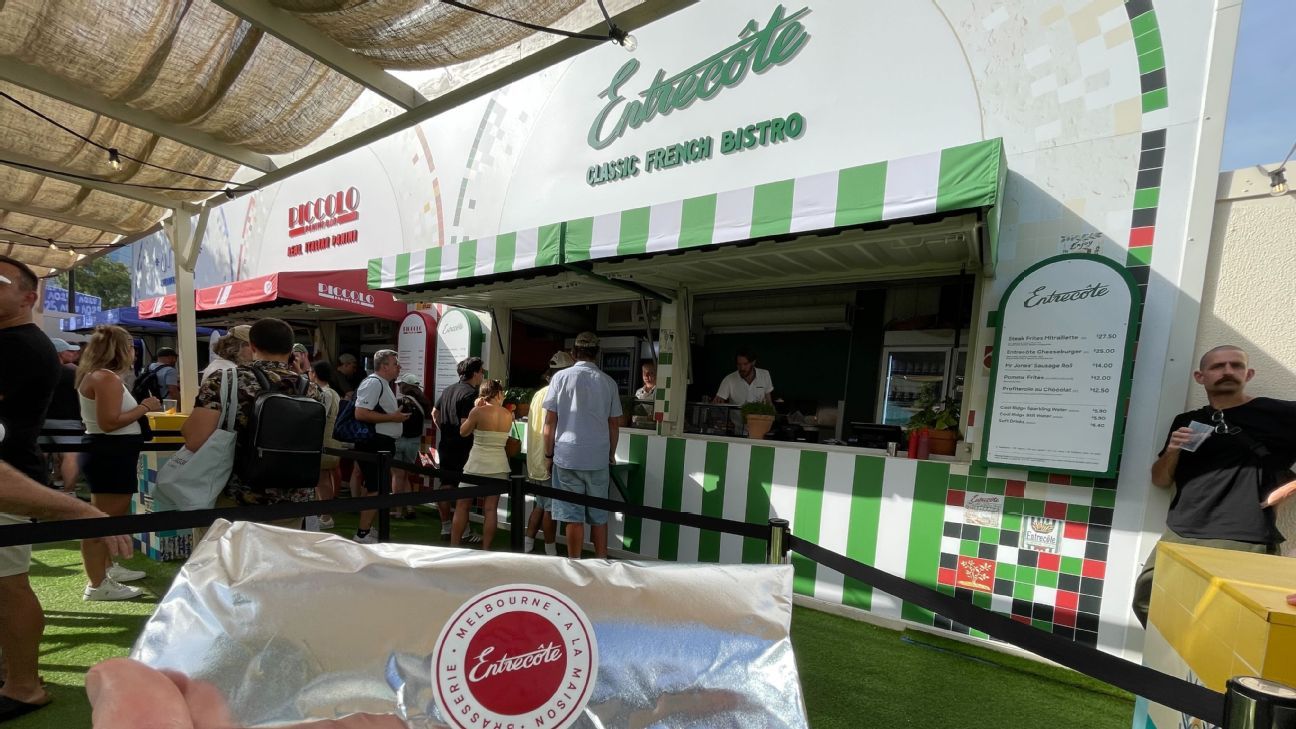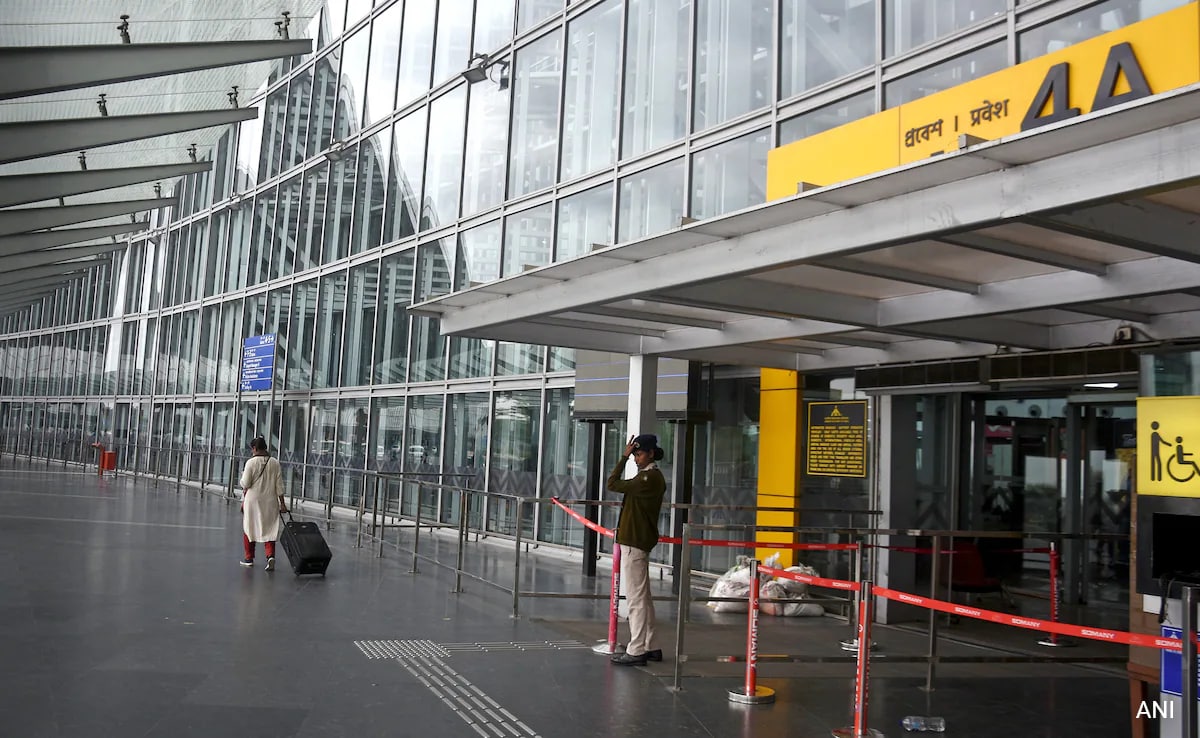‘Everything Is in Question Again’


President Trump’s threats against undocumented immigrants put America’s entire food chain at risk
Mauricio Lopez Martinez and Caroline Anders are living their dream. After meeting while working as bread bakers at Weaver Street Market in Carrboro, North Carolina, the two married in 2021, and set out to open their own bakery. In June 2024 they debuted Atla’s Conchas in East Harlem, Manhattan, where they feature recipes from Martinez’s family in Oaxaca, but adapt them to use full-inclusion flour and experiment with flavors and techniques. The December morning I visited, cranberry conchas sat next to a more traditional vanilla and cinnamon in the counter display, and Martinez was tending to focaccia in the oven.
Martinez had been working at Weaver Street Market for 20 years, and Anders for eight, but the two moved to New York because they felt it was safer for them as they endure the arduous process of filing Martinez’s immigration paperwork. In New York, they say, they don’t have to drive, so they don’t have to worry about Martinez being pulled over and asked to produce identification. And in general, New York is a reliably Democratic state, ostensibly a place more supportive of immigrants and willing to help them build a life.
When Donald Trump was elected president for a second time, however, “we went back to feeling like everything’s in question again,” says Anders, who confers with Martinez each time she speaks, both translating for him and speaking for both of them. “It’s incredibly stressful. We’re trying to run a business here.”
Trump spent the lead-up to his inauguration threatening mass deportations of undocumented immigrants, saying he would use a flimsy reading of the Alien Enemies Act, as well as an “expedited removal” program, to do so. Immediately after the inauguration, U.S. Immigration and Customs Enforcement (ICE) began conducting raids across the country. Trump officials have since issued arrest quotas. Trump has threatened to end birthright citizenship (though 22 states have sued him over it). And Trump signed the Laken Riley Act, which would allow the detention of migrants without due process, as his first piece of legislation.
Though undocumented immigrants make up just 5 percent of the labor pool, they make up 16 percent of food supply chain workers, from fruit pickers to slaughterhouse workers to chefs, and these threats to undocumented immigrants are rattling the industry. Workers face the discontinuation of employment as more restaurants use the U.S. Citizenship and Immigration Services’ (USCIS) E-Verify tool to vet employment eligibility. There are threats of ICE raids and deportation, and even fewer paths to citizenship. As CNN reports, managers are advising restaurant workers in Chicago to carry their work permits and any other documentation. In New York, Seaport Entertainment Group surprised workers at the Tin Building with mandatory background checks just prior to the inauguration, discontinuing the employment of many undocumented kitchen and custodial staff.
Part of the issue immigrant restaurant workers face as they attempt to stay and work in the U.S. is the great backlog of immigration paperwork. Though the USCIS says it has made progress, there were 10.9 million applications for naturalization, visas, and employment authorizations in the fiscal year 2023. And the department still appears to be feeling the effects of a 2020 hiring freeze, meaning there are fewer officers able to conduct interviews.
The threat of deportation is not new, per se. Barack Obama was the president with the highest rate of deportation, and there were more deportations under the Biden administration than during Trump’s first term. But Trump ran on the promise of deporting undocumented immigrants, who he falsely claims are taking jobs from citizens. “It seems to me like a giant — I don’t know if ‘scheme’ is too strong of a word — to create a class of people who are terrified to speak out,” says Anders. Targeting undocumented immigrants is now a government priority.
When Carolina Saavedra’s parents first came to the U.S. in the ’90s, she says they picked strawberries and tomatoes for pennies a bucket. Wages haven’t changed much. “If you speak to any citizen, especially people that were born with privilege, people that don’t know what poverty is, they would never switch their job to go pick food,” she says.
Saavedra and her family now run La Morada, a Oaxacan restaurant and mutual aid hub in the South Bronx that has donated hundreds of meals to recently arrived refugees. It’s also a place that’s been outspoken about being run by undocumented immigrants. Though Saavedra and her daughter both have legal status, she says that growing up “my parents would make us role-play scenarios of what would happen if they were to get deported, if ICE were to come to the house or the restaurant,” she says. These are still conversations they have with staff and mutual aid recipients. And by claiming “undocumented” as a label, their restaurant has become a hub for other undocumented immigrants, where they can find community and support each other. “Even though there’s been threats from the Trump administration, the community of the South Bronx at least know that no matter what, they are always going to have a safe haven in La Morada,” says Saavedra.
Every immigrant I spoke to for this story spoke of trying to play by the rules — filing applications, gathering paperwork, wanting to work and wanting to have the right piece of paper that says they can keep doing it. But these things cost money and create stress. Anders and Martinez, for instance, applied to a program called Keeping Families Together, which was implemented in August 2024. The program was designed to streamline the visa application process for noncitizen spouses and stepchildren of citizens by allowing applicants to remain in the U.S. as they awaited visa approval, rather than having to return to their home countries, where the risk of being rejected and not being allowed back into the U.S. always hovers. The program was “a key step toward fulfilling President Biden’s commitment to promoting family unity in the immigration system,” said the Department of Homeland Security.
She and Martinez rushed to get their paperwork in as soon as they heard about the new program, and paid $1,700 to do so. But in November 2024, weeks after they submitted everything, the program was cancelled, after a Texas court ruled the government did not have the authority to implement the program. It was $1,700 spent on nothing.
To be “documented” in America does not mean just one thing. Many workers have work authorizations, or visas that have expired only because USCIS hasn’t gotten around to renewing them. And the constant worry over what counts, what doesn’t, and what might change takes a mental toll.
Chef Byron Gomez, a contestant on season 18 of Top Chef and now the chef at Denver’s Bruto, was born in Costa Rica and brought to the U.S. as a child. He has been outspoken about being a DACA recipient, a program that allows undocumented immigrants brought to the U.S. as children to defer deportation and receive work permits for a period of two years, with the possibility of reapplying at the end of that term. While it does not provide a path to permanent residency, it does provide legal documentation and protections for people who grew up in the U.S. and want to continue to live in the home country they’ve known. However, a federal appeals court recently declared the policy unlawful, “casting a cloud of uncertainty over more than half a million unauthorized immigrants brought to the U.S. as children,” writes CBS.
“Are we going to continue to play this game?” Gomez asks. “I’m only allowed to plan for my life in two-year increments. I’ve been doing this for over a decade. It makes you feel like a caged bird.”
These threats and hurdles are in some ways having their intended impact: People are scared. “People aren’t going to work and kids aren’t going to school. Yesterday about 25 percent of the workforce, today 75 percent, didn’t show up,” Casey Creamer, president of California Citrus Mutual, told Cal Matters on January 22. At businesses catering to an immigrant community, customers aren’t showing up either, worried raids could strike at any moment.
According to Carina Kaufman-Gutierrez, deputy director of New York City’s Street Vendor Project, the political environment is keeping vendors at home, cutting into their income. “The New York Times came out with their best dishes list, and [Chalupas Poblanas El Tlecuile] was listed there as having one of the best dishes in New York,” Kaufman-Gutierrez says. “But its owner can’t go out and sell” because she doesn’t have access to one of the city’s few permits. By vending without a permit, she risks arrest, which brings a greater threat of deportation. Kaufman-Gutierrez says another vendor, who specializes in Ecuadorian tripa mishqui, quit cooking and is now selling merchandise instead; others have quit vending altogether. “That’s at a detriment to New York as a whole, because street vendors are part of what makes New York New York.”
The same is true in any city. “In places like Los Angeles, street vending has always been part of the culture,” says Shannon Camacho, senior policy associate at Inclusive Action, a California-based nonprofit that has fought for a permit system for street vendors in the state. “It’s also a huge part of the economy. When street vending is limited or criminalized, it does have an effect on the overall revenue that a local city is able to make.”
This atmosphere of fear will have direct consequences on restaurants and food stores. “How do I explain to guests that it’s costing more to get lettuce because there’s no one to pick it?” says Gomez. But more importantly, these raids threaten millions of people who deserve to live with dignity and autonomy. “Every part of the restaurant, the porters, the busboys, the cooks, the prep cooks, management is affected by this. We’re not seen as humans up to a point, we’re seen as an enemy. All we want to do is feed people and feed ourselves.”
For Gomez, that means restaurants have a responsibility to use their status as pillars of their communities. “The power that we have as chefs, as restaurants in our community, [considering] how many people come to eat at our restaurants,” he says. “Just because you’re being threatened or targeted doesn’t mean that you can’t have a voice.”
Kaufman-Gutierrez says the Street Vendor Project — which has long lobbied the local government for more vendor permits — has been offering rights training, and distributing materials to vendors on what to do if they’re stopped by ICE. Gomez says Bruto’s hospitality group, Id Est, has been keeping employees abreast of the changing guidelines and procedures to protect them. “We’re just looking at it every day and seeing how we can best provide a safe space and nourishment to our employees,” he says. And other restaurants and organizations have been posting guides on what ICE can and cannot do.
America has a long history of celebrating immigrant food without valuing immigrants themselves. The value of any person should not be reliant on producing things the dominant class deems delicious enough to embrace. But as raids continue, it will quickly become clear just how much American culture is losing. “Even if everything ends up the way we want it, I don’t want to live in a country where immigrants are treated like this,” says Anders. But for the two of them for now, it’s business as usual. Atla’s Conchas is starting a monthly bread and flour subscription, and Anders and Martinez keep experimenting with new recipes. “These are valuable skills, baking bread and feeding people,” she says. “And we deserve to be in a place where it’s appreciated.”
























